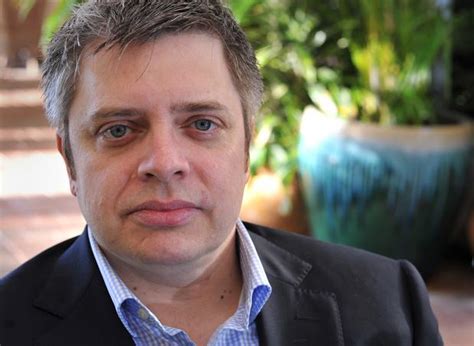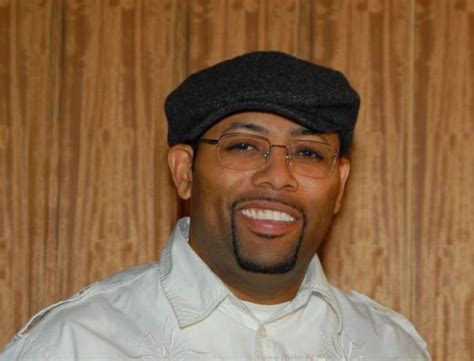A Quote by Paul Auster
The kind of fiction I'm trying to write is about telling the truth.
Related Quotes
Sometimes I don't tell the truth, which is telling the truth about not telling the truth. I think people don't tell the truth when they're afraid that something bad's going to happen if they tell the truth. I say things all the time that I could really get into trouble for, but they kind of blow over.
I write my first draft by hand, at least for fiction. For non-fiction, I write happily on a computer, but for fiction I write by hand, because I'm trying to achieve a kind of thoughtless state, or an unconscious instinctive state. I'm not reading what I write when I wrote. It's an unconscious outpouring that's a mess, and it's many, many steps away from anything anyone would want to read. Creating that way seems to generate the most interesting material for me to work with, though.
Truth is not only stranger than fiction, it is more telling. To know that a thing actually happened gives it a poignancy, touches a chord, which a piece of acknowledged fiction misses. It is to touch this chord that some authors have done everything they could to give you the impression that they are telling the plain truth.
You can't be afraid to speak the truth. If you're speaking truthfully - no matter if you're White, Black, Hispanic, Asian - if it's the truth, it's the truth! And if that's what you're telling, you have no reason to be fearful, or, worry about people trying to diffuse what you're doing. Because, if you're speaking the truth, they can't beat the truth.
Start telling the truth now and never stop. Begin by telling the truth to yourself about yourself. Then tell the truth to yourself about someone else. Then tell the truth about yourself to another. Then tell the truth about another to that other. Finally, tell the truth to everyone about everything. These are the Five Levels Of Truth Telling. This is the five-fold path to freedom.
I don't want to write poems that are just really clear about how I'm aware of all the traps involved in writing poetry; I don't want to write fiction that's about the irresponsibility of writing fiction and I've thrown out a lot of writing that I think was ultimately tainted by that kind of self-awareness.
When we talk about 9/11 and 26/11 - which is the shorthand for the Mumbai attacks in 2008 - we're talking about the most successful terrorist attacks in history. When you start trying to study the most successful event of its kind, it actually doesn't make for great fiction because there isn't the kind of failure in it that fiction thrives on.
Do I do as false prophets do and puff air into simulacra? Am I a Sorcerer--like Macbeth's witches--mixing truth and lies in incandescent shapes? Or am I a kind of very minor scribe of a prophetic Book--telling such truth as in me lies, with aid of such fiction as I acknowledge mine, as Prospero acknowledged Caliban.
I think that most of us, anyway, read these stories that we know are not "true" because we're hungry for another kind of truth: the mythic truth about human nature in general, the particular truth about those life-communities that define our own identity, and the most specific truth of all: our own self-story. Fiction, because it is not about someone who lived in the real world, always has the possibility of being about oneself. --From the Introduction



































